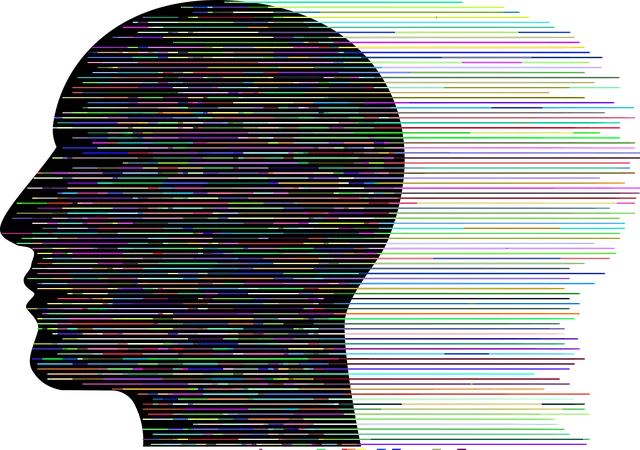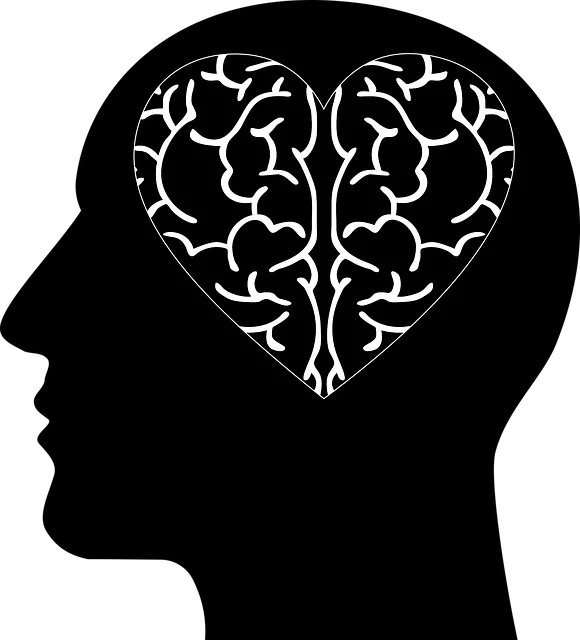Depression is a serious mood disorder characterized by persistent sadness, loss of interest, changes in appetite/sleep, fatigue, concentration issues, and thoughts of self-harm. If these symptoms last over two weeks, it's crucial to seek help from Kaiser Permanente mental health providers, who offer specialized outpatient services including therapy, counseling, medication management, and support groups. They employ various effective treatments like CBT, interpersonal therapy, and MBCT, focusing on holistic well-being through lifestyle changes and building resilience for long-term emotional health.
Depression is a common yet serious condition affecting millions. Understanding its subtle signs and symptoms is the first step towards conquering it. This article guides you through a comprehensive approach, leveraging resources like Kaiser Permanente’s mental health providers for support. We explore therapeutic methods, lifestyle modifications, and building resilience to overcome depression effectively. Embrace proven strategies for improved mood and lasting well-being. Remember, help is available, and recovery is achievable.
- Understanding Depression: Recognizing the Signs and Symptoms
- Kaiser Permanente Mental Health Providers: Your Support System
- Therapeutic Approaches: Effective Treatments for Depression
- Lifestyle Modifications: Simple Changes for Improved Mood
- Building Resilience: Strategies for Long-Term Well-being
Understanding Depression: Recognizing the Signs and Symptoms

Depression is a common yet serious mood disorder that can significantly impact an individual’s daily life and overall well-being. Recognizing the signs and symptoms is the first step towards conquering this challenge. According to Kaiser Permanente mental health providers, depression often presents as persistent feelings of sadness, loss of interest in activities once enjoyed, changes in appetite or sleep patterns, fatigue, difficulty concentrating, and in severe cases, thoughts of self-harm.
If you or someone close to you is experiencing these symptoms for more than two weeks, it could be an indication of depression. Kaiser Permanent mental health programs offer a range of outpatient services, including therapy and counseling, designed to help individuals manage and overcome depression. These resources aim to empower people to understand their condition, develop coping strategies, and foster resilience, ultimately leading to improved mental wellness.
Kaiser Permanente Mental Health Providers: Your Support System

Depression is a formidable opponent, but with the right support system, recovery becomes more accessible. Kaiser Permanente Mental Health Providers stand as a beacon of hope for those battling depression, offering specialized care and unwavering support. These professionals are equipped to handle various mental health concerns, from routine stress and anxiety to more severe conditions like addiction and crisis situations.
The nearest Kaiser Mental Health Center is often the first step towards healing. Their outpatient programs provide a range of services tailored to individual needs. Whether it’s therapy sessions, medication management, or support groups, Kaiser Permanente offers comprehensive mental health resources. With dedicated addiction specialists, they ensure a holistic approach to recovery, addressing not just depression but also underlying causes and co-occurring disorders.
Therapeutic Approaches: Effective Treatments for Depression

Depression is a complex condition that requires a multifaceted approach to treatment. Fortunately, there are various therapeutic options available through kaiser permanente mental health providers, ensuring individuals have access to effective support. One common and proven method is cognitive-behavioral therapy (CBT), which helps individuals identify and change negative thought patterns and behaviors contributing to depression. This evidence-based practice empowers patients with coping strategies to manage symptoms and promote long-term well-being.
Another effective treatment is interpersonal therapy, focusing on improving relationships and social connections, as social isolation can exacerbate depression. For some, mindfulness-based cognitive therapy (MBCT) offers a unique approach by combining meditation practices with CBT techniques to prevent depressive episodes. If you’re seeking a kaiser permanente therapist, exploring these therapeutic options and discussing them with your kaiser insurance mental health providers is an excellent step towards conquering depression and reclaiming your emotional well-being. You can easily find a kaiser permanente therapist or visit the nearest kaiser mental health center to access comprehensive care tailored to your needs.
Lifestyle Modifications: Simple Changes for Improved Mood

Depression can be a profound and overwhelming experience, but it’s manageable with the right strategies. One powerful approach lies in adopting simple lifestyle modifications that can significantly impact your mood. For many individuals, this involves making conscious changes to their daily routines and environments.
At Kaiser Permanente, our mental health providers emphasize the importance of self-care and holistic well-being. Incorporating activities like regular exercise, a balanced diet, and sufficient sleep can be game-changers in the battle against depression. These foundational steps not only improve physical health but also create a sense of accomplishment and positive reinforcement, which are crucial in rebuilding mental resilience. Additionally, connecting with others, whether through social interactions or seeking support from top-rated Kaiser Mental Health Doctors, can provide invaluable assistance in navigating these challenges. The kaiser permament mental health programs offer comprehensive care, often tailored to individual needs, ensuring patients access the best resources available. Through these simple yet powerful tools, individuals can take control and start their journey towards a brighter, more balanced life, utilizing the support systems offered through the Kaiser patient portal mental health services.
Building Resilience: Strategies for Long-Term Well-being

Building resilience is a key strategy for long-term well-being and conquering depression. Kaiser Permanente mental health providers emphasize the importance of developing coping mechanisms that can help individuals navigate life’s challenges. Techniques such as mindfulness, stress management, and cognitive behavioral therapy (CBT) are proven to enhance resilience, offering lasting solutions to mental health issues. These methods empower individuals to view setbacks as opportunities for growth rather than insurmountable barriers.
Incorporating self-care practices like regular exercise, sufficient sleep, and healthy eating habits into daily routines is crucial for building resilience. Kaiser care management mental health services encourage patients to seek support from a network of understanding friends, family, or even professional therapists near them within the Kaiser Permanente network. By combining evidence-based treatments with holistic self-care, individuals can effectively manage depression and foster lasting mental well-being.
In navigating the journey towards conquering depression, it’s crucial to remember that support and proven methods exist. By recognizing signs early and understanding various therapeutic approaches, individuals can find effective treatments tailored to their needs. The role of kaiser permanente mental health providers cannot be understated; their expertise and guidance are invaluable assets in fostering long-term well-being. Incorporating simple lifestyle modifications can significantly impact mood enhancement. Ultimately, building resilience equips folks with the tools to persevere and thrive, marking a transformative step towards a brighter, more hopeful future.






